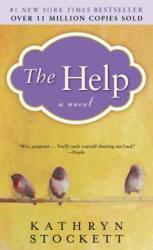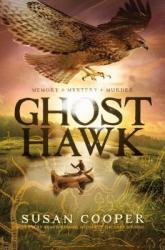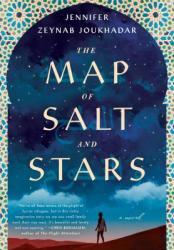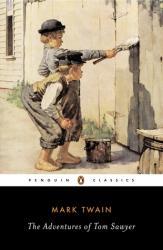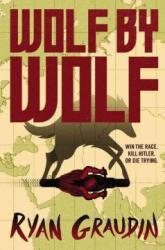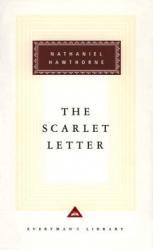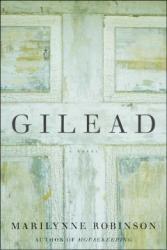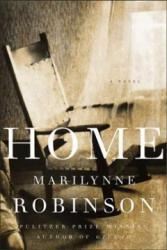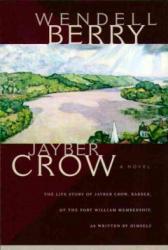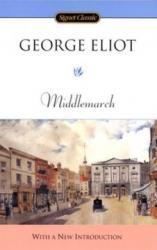Rich with symbolism and human feeling, the compassionate author leads us to consider deepest plumes of human sentiment. We are artfully led by the hand into the inner corridors of human hearts, where we are taught to stare down passion, shame, despair, revenge and finally courage.
First, we are compelled to walk around in a world where there is no forgiveness. We are removed from the fresh and life-giving promises of scripture to a stale and unrelenting universe, a universe in which once you have sinned in certain ways, you are branded for life. Hawthorne’s world takes the world of Jesus and turns it upside down. Where Jesus welcomed the repentant prostitutes and the reformed tax collectors and had his very harshest words for the proud, exacting Pharisees, in Hawthorne’s world the town’s peoples’ sins of unforgiveness and pride are smugly overlooked.
Hawthorne’s world does to us what all good fiction ought to do: it causes us to shudder. We feel instinctively the cruelty of the sentence placed upon the young woman and the baby, although we acknowledge her sin. This should lead us to praise our God for the forgiveness and grace that is so freely offered us in scripture. As the Pharisees ask Jesus what they should do with the woman caught in the act of adultery (and where, I always wonder, is the man?), we should know his response: “Let him who is without sin cast the first stone.” John 8:7
Yet we come to appreciate the large-heartedness of Jesus all the more as we come to live in the world of Hester Prynne. Hawthorne, understanding the longing that we all feel to be welcomed and loved unconditionally within a society of people, haunts us with the solitary and scorned life Hester Prynne is relinquished to. As we sink deep into the mire of her forlorn pit, our hearts should soar all the more with the blessed promises of our great God:
“Remember that you were at that time separated from Christ, alienated from the commonwealth of Israel and strangers to the covenants of promise, having no hope and without God in the world. 13 But now in Christ Jesus you who once were far off have been brought near by the blood of Christ.” Eph 2:12,13
As we walk around in Hester Prynne’s world, we know what it would be like to be separated from Christ, to be alienated from the commonwealth of Israel, to be cut off from the promises of God. And yet we rejoice, because we know by faith that Hawthorne’s world is a skewed, twisted world, bearing no resemblance to the true community of faith.
Hawthorne’s character Dimmesdale is as unlike to Christ as nearly any man can be. Dimmesdale’s portrayal of failed manhood is so epic, I can scarcely think of another rival in literature. Here we see a man so small, so petty, so devoid of the smallest scrap of courage or courtesy, that he sits back passively allowing a woman to not only care for, love, and instruct his child alone, but also do so while laboring under the unrelenting sorrow of his shame. He sees this woman daily scorned, reviled, despised, belittled, made an object of while he walks around enjoying his position of influence and respect in others’ eyes. The fact that his sin daily eats away at him till his health is completely deteriorated does not make him any less pathetic in my eyes. No, he is the more pathetic for it. For he shows none of the manly dominance over human affairs that God gave to Adam when he blessed him and gave him dominion over the world. Instead, Dimmesdale is a peon, a victim of circumstance, a shadow of man, resigned to say simply “come what may,”
devoid of action and refusing to take responsibility at every turn.
What a striking contrast to our mighty savior. It is the man Jesus Who in all things takes the initiative. Jesus takes the shame for sins He never committed. Jesus stands up and takes our punishment. Jesus bears all our sorrow and our shame. Jesus, though perfect, identified himself with the lowly, with sinners and allowed himself to be crucified in the most undignified and hideous fashion, next to violent criminals. Jesus, instead of leaving a woman to lonely sorrow while he enjoyed respect, became a man of sorrows, well acquainted with grief. (Is. 56)
Is the Scarlet Letter a book for today? Why else does abortion flourish today except that we are plagued with a generation of Arthur Dimmesdales walking our streets? We have everywhere men who will not take responsibility for their actions and protect the children they have carelessly fathered.
Instead, they take their women to the clinic in the shadows and leave them to the abortionist scalpel, which brands hearts with a letter so hot and scarring, only the red-hot blood of Christ will heal.



